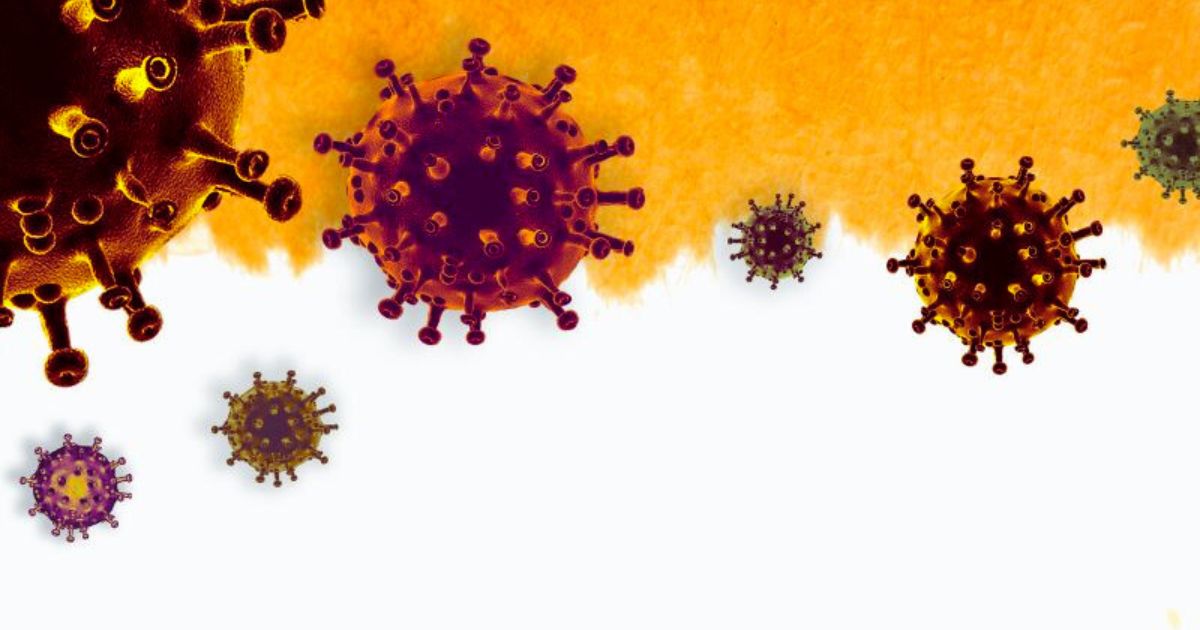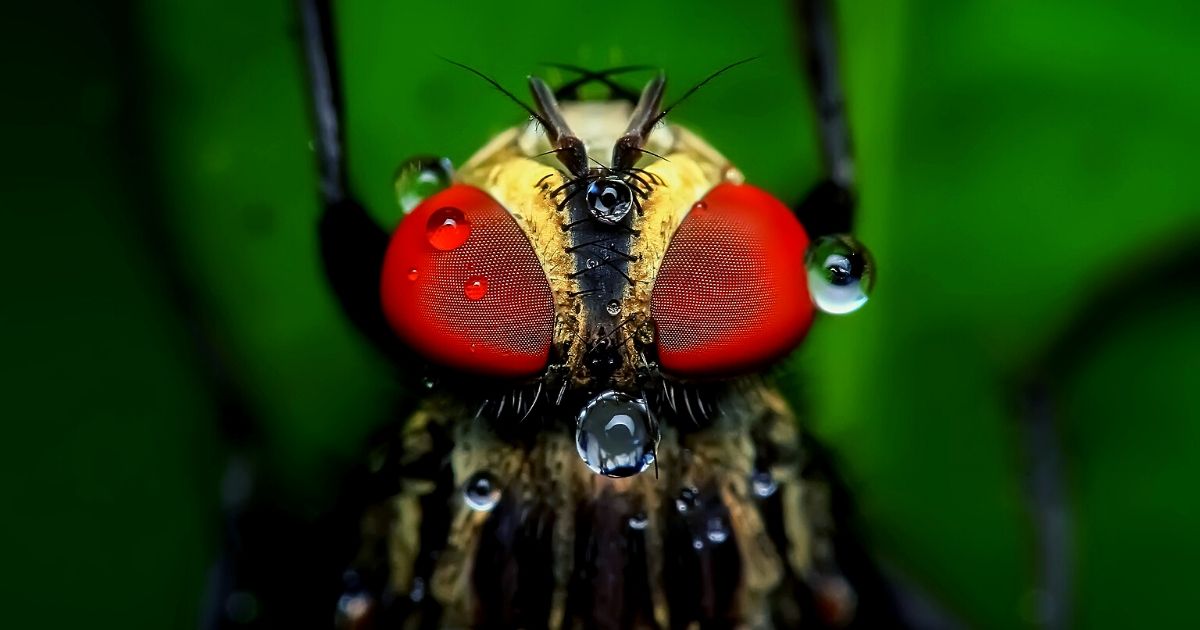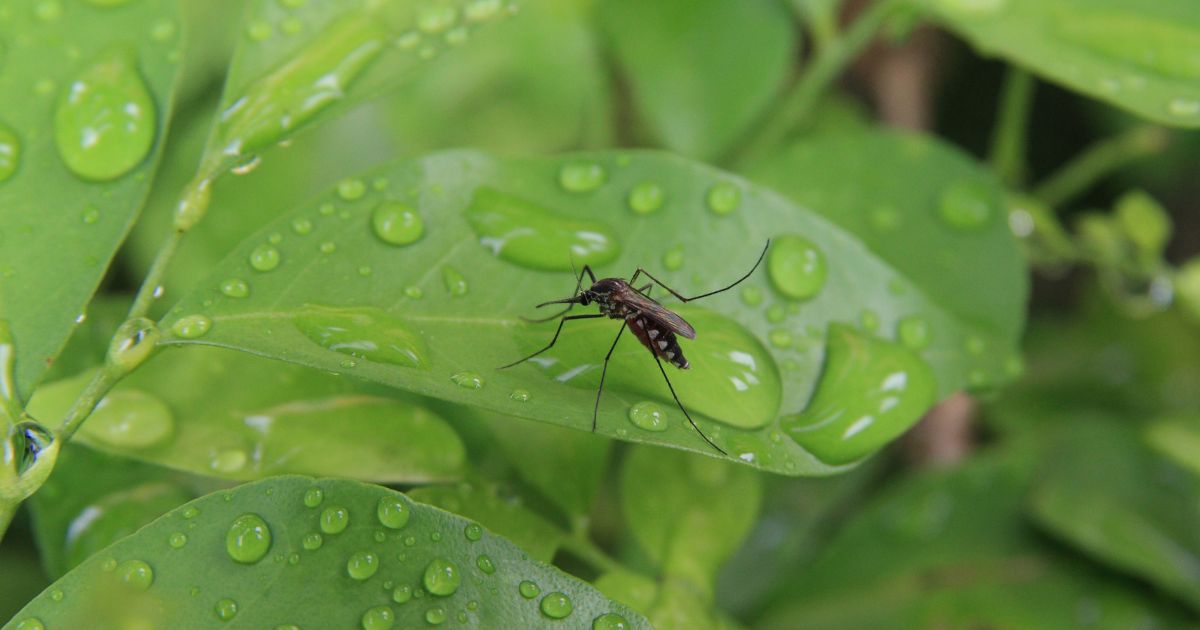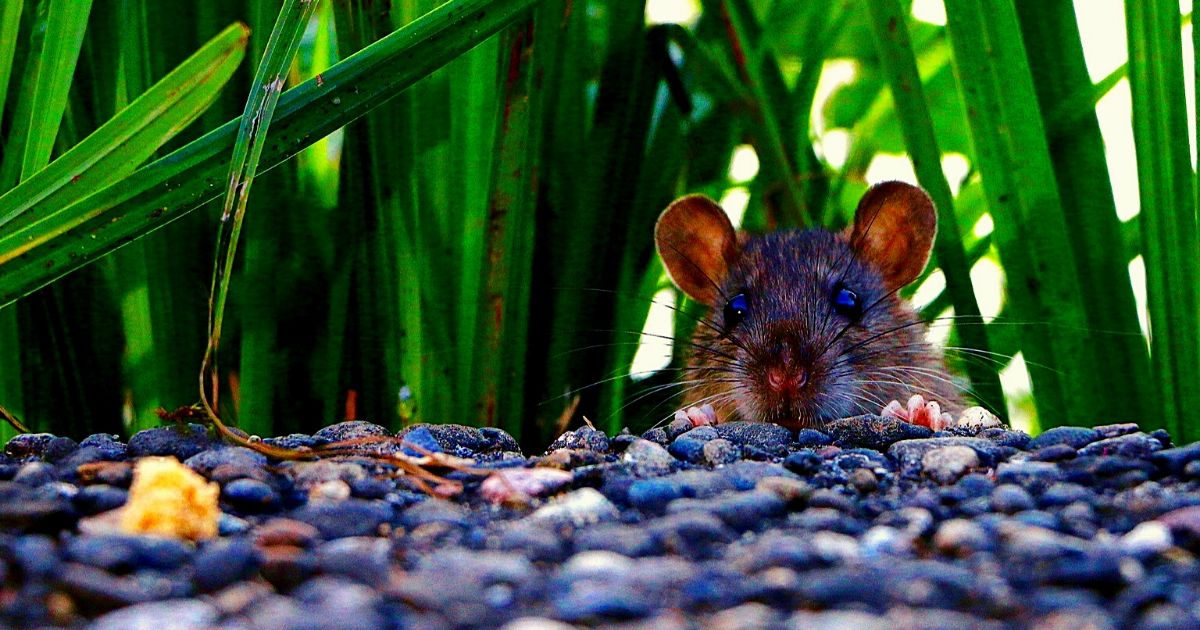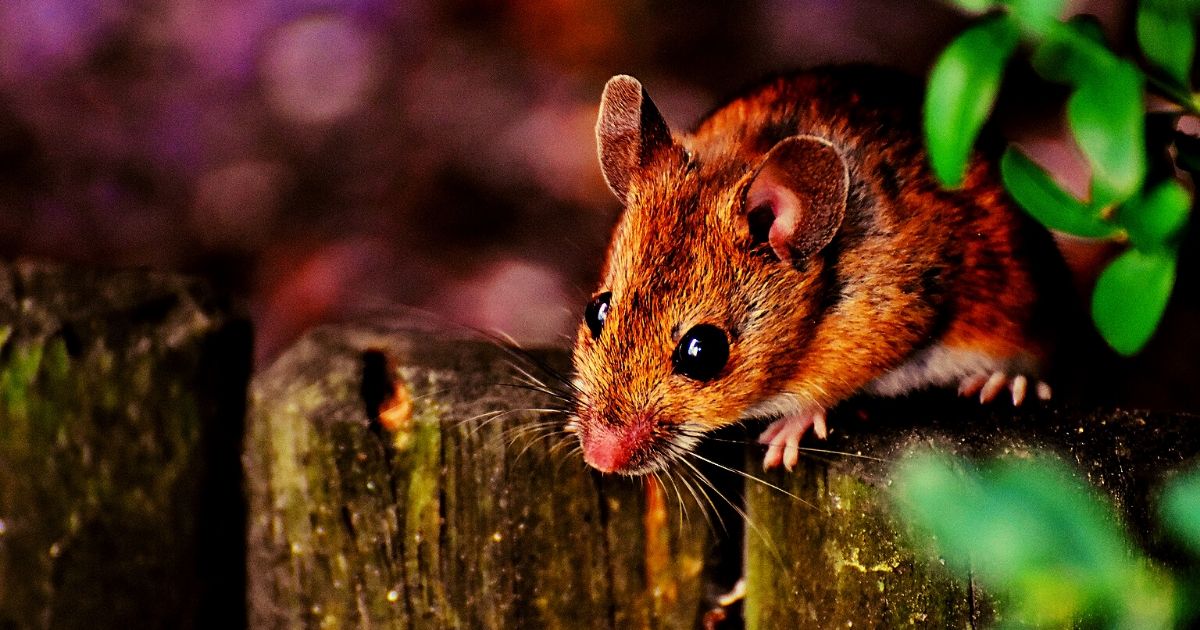COVID-19 Versus Dengue: What Do We Need to Know?

COVID-19 is spreading rapidly worldwide. It was recognized as a pandemic by the World Health Organization (WHO) on March 12th. In Singapore, there are 1309 confirmed cases as of April 5th, 2020.
With the outbreak of coronavirus worldwide, another public health concern faces neglect by the public: the Dengue virus (DENV). This life-threatening mosquito-borne disease is highly active in Singapore for years. People may not realize that the rise of dengue fever cases is looming in Singapore. There are 4776 dengue cases recorded as of March 28th, 2020. Twice the number compared to the same period of 2019.
Death cases: COVID-19 versus Dengue
How deadly is COVID-19, and how can Dengue be lethal to us? In Singapore, the total of deaths from COVID-19 rose to 6 death cases on April 4th. However, the Dengue virus took a total of 20 lives in 2019. So far, there are no cases of deaths due to the Dengue virus in 2020.
You may wonder if we can differentiate between the symptoms of COVID-19 and Dengue fever without laboratory testing. Here are some ways to tell the difference:
- People who are infected with Dengue virus share similar symptoms as those with COVID-19, such as high fever and headache.
- However, they may also develop other symptoms such as joint and muscle pain, nausea, vomiting, rashes of the skin, and mild bleeding from nose and gum.
- Respiratory symptoms such as cough, sore throat, and breathing difficulties are not common in the Dengue virus.
- The spread of COVID-19 is mainly person-to-person.
- COVID-19 can be passed over to a healthy person by nasal discharge and saliva droplets from coughs and sneezes of a person infected with COVID-19.
- The virus can easily infect a healthy person if the person uses his or her contaminated hand to rub or touch the eyes, nose, or mouth.
- Not surprisingly, the infection of COVID-19 can happen through the inhalation of infected droplets into the lungs.
- In the case of the Dengue virus, the transmission of the disease is vastly different compared to COVID-19. It is a vector-borne disease that requires the help of Aedes mosquitoes to spread the virus.
The Prevention of Dengue
Dengue virus cannot be transmitted directly from one human to another.
Instead, it transmits through an insect vector – mosquitoes. By pulling mosquitoes out of the transmission or infection chain, we can stop the transmission of the virus. In other words, avoiding mosquito bites is an essential aspect in the prevention of Dengue.
Want to find out more about mosquito control and extermination in Singapore?
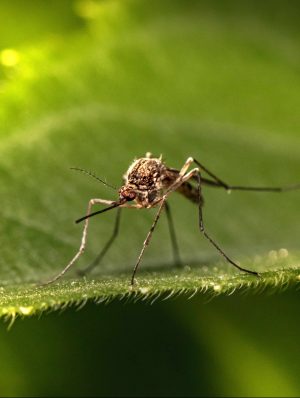
Eliminate Mosquito Breeding in and Around Your House
Controlling the mosquito population is essential in the fight against Dengue. Aedes mosquitoes breed in clean water found in natural and human-made containers. They can breed in water bodies that are as small as the size of a 20 cents coin, so all stagnant water must be eliminated to prevent mosquito breeding. Practice the following 5-step Mozzie Wipeout recommended by the National Environment Agency:
- Turn any unused pails
- Change water in vase regularly
- Flip flower pot plates
- Loosen hardened soil in flowerpots or planter boxes
- Clear roof gutter and place biological control (Bti)
Prevent Mosquito Bites
We can minimize our risk of getting mosquito bites by taking extra precautions when visiting places that are prone to mosquito attacks.
Long sleeve tops and long pants offer basic protection against mosquito bites. There are a variety of mosquito repellents that are made of either chemical compounds or natural plant extracts. You may choose any mosquito repellent of your preference, or that is available to you. However, it is essential to follow the instructions and reapply the repellent regularly as they may be rubbed or washed off during activities.
COVID-19
WHO and CDC recommend some steps to protect you and the others from the virus. At the top of the list, we need to maintain good hygiene practices. Wash your hands frequently with soap and water for at least 20 seconds to properly remove germs from your hands. Hand sanitizers with at least 60% alcohol content can be used if soap and water are not available. It is also important to avoid touching your face or eyes with unwashed hands.
Pro Tip: The best way to prevent COVID-19 is to avoid exposure to the virus and get vaccinated.
Social Distancing
Social distancing plays an integral part in the prevention of COVID-19 as you may pick up someone else’s respiratory droplets if you are standing too close to each other. A distance of at least 1 meter between individuals is recommended to prevent the transmission of the coronavirus. Social distancing is even more important in communities where COVID-19 is spreading. Avoid close contact with people who are sick to protect both the person and yourself.
Be socially responsible. Seek medical attention if you are sick or experiencing respiratory symptoms. Follow the doctor’s advice and stay at home to prevent the disease from spreading. Cover your mouth and nose with a tissue when coughing or sneezing to prevent the spread of respiratory droplets. Lastly, wear a facemask to prevent the spread of respiratory droplets to other people.
Cleaning and disinfection should be carried out on frequently contacted surfaces.
The NEA provided a list of household products that can be used for disinfection. Several sources reported that the virus was able to last on various surfaces for up to days. Thus, disinfection should be done regularly.
Related: What Role Can The Pest Control Industry Play in Fighting Off Coronavirus in Singapore?
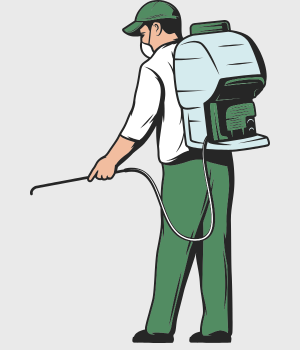
Concerned About COVID-19? Let Us Help.
We provide fast and effective disinfection solutions to eliminate harmful germs and viruses, ensuring a safe and hygienic environment for your home or business.
How to Prevent Dengue?
Dengue can be prevented by taking basic precautions. The number 1 tip is to wear long pants and long-sleeve shirts. Reduce your skin exposure as much as possible! Next, a mosquito net helps protect you at night while asleep. Keeping your living and office spaces clean also helps prevent mosquitoes and dengue.
Frequently Asked Questions
Both Covid-19 and dengue can have similar symptoms, such as fever, body aches, myalgia, chills, fever, and nausea. While COVID fever is said to be low or moderate, dengue fever can rise considerably high.
Both infections can cause complications and can be life-threatening. Repeat infection with dengue is more dangerous than the first one.
Yes, you can catch COVID and dengue at the same time. COVID-19 and dengue co-infection can cause severe disease and fatal outcomes.


